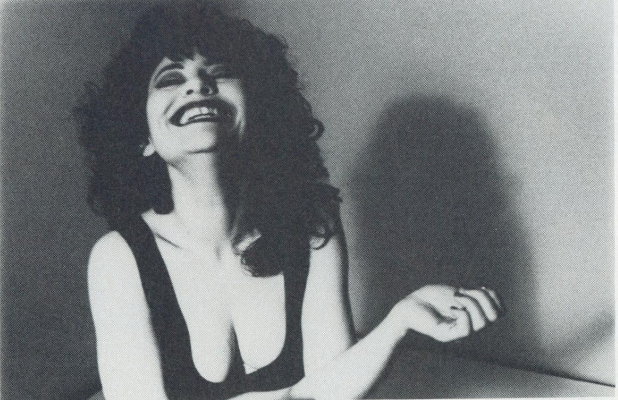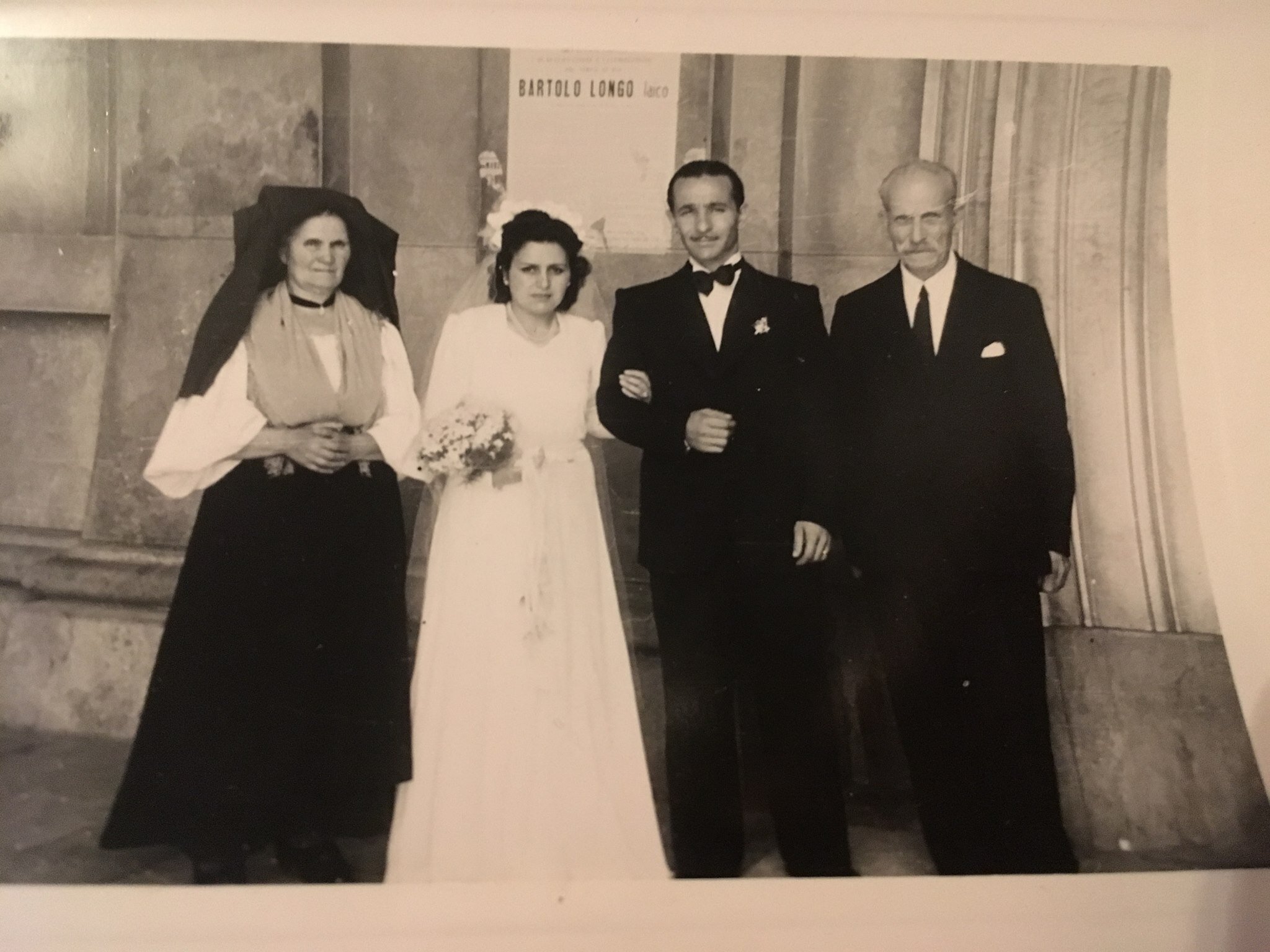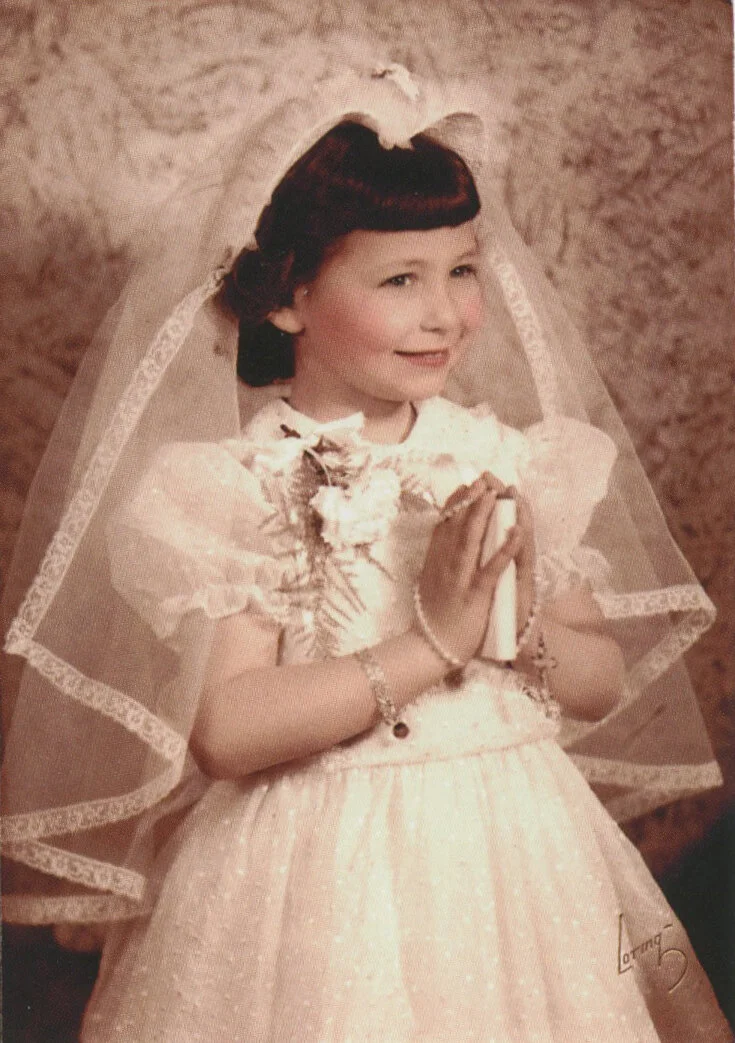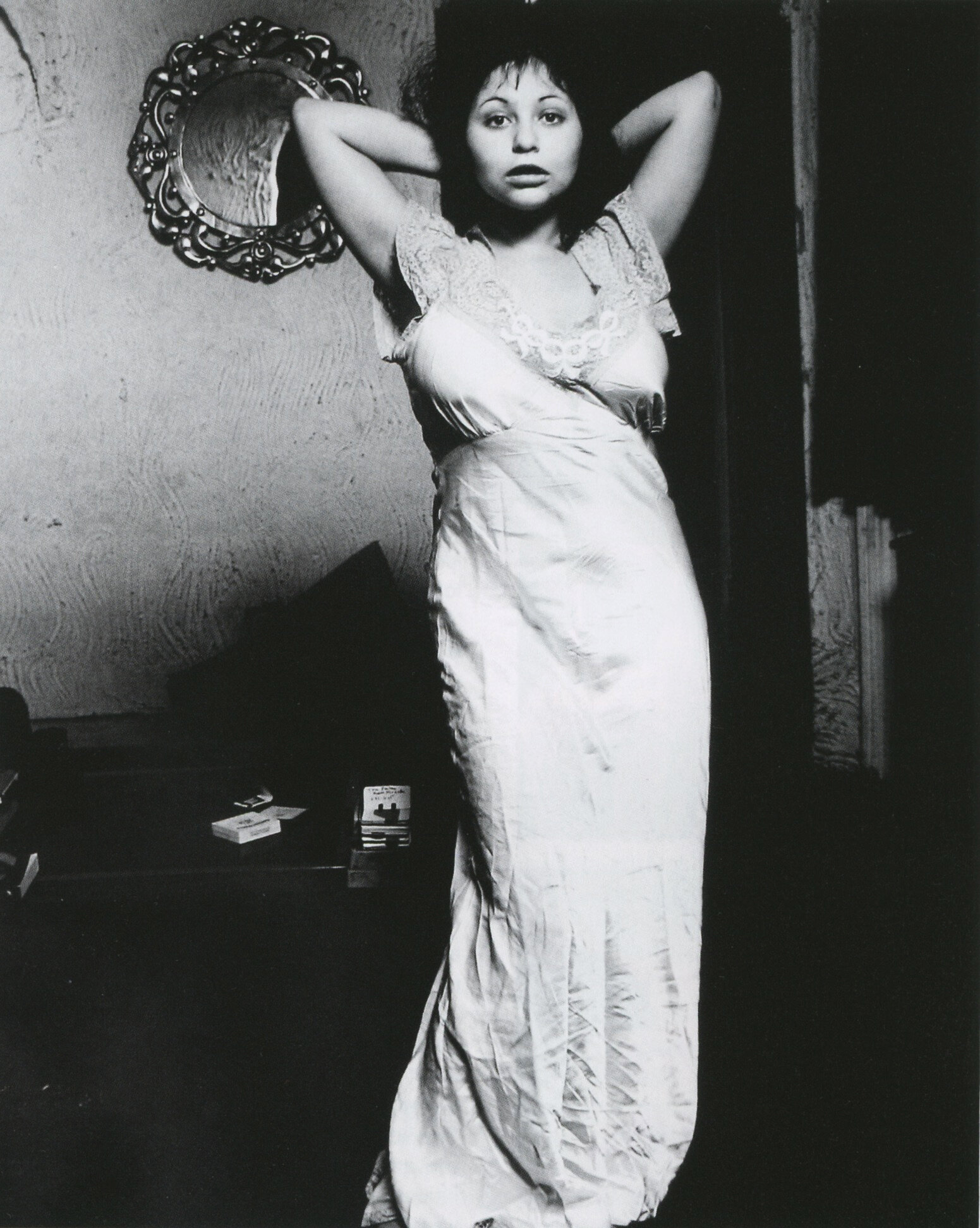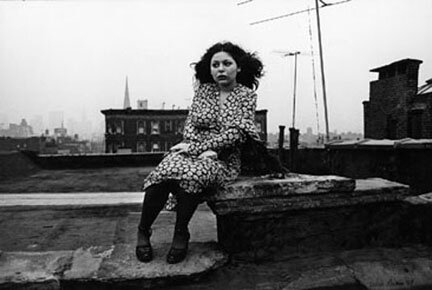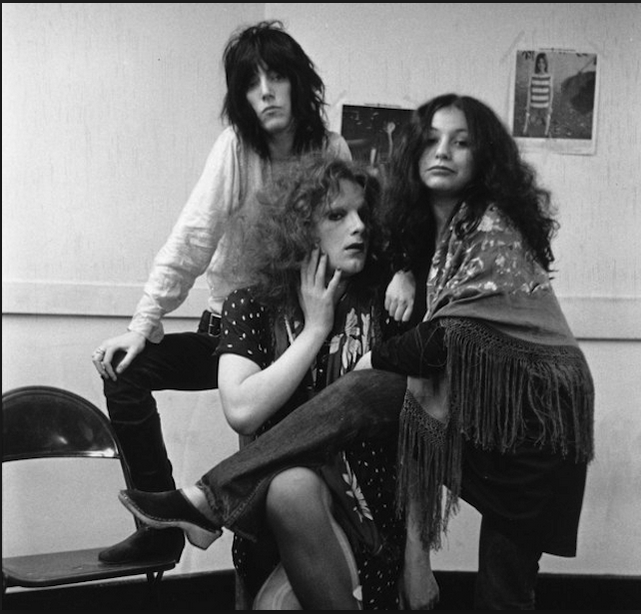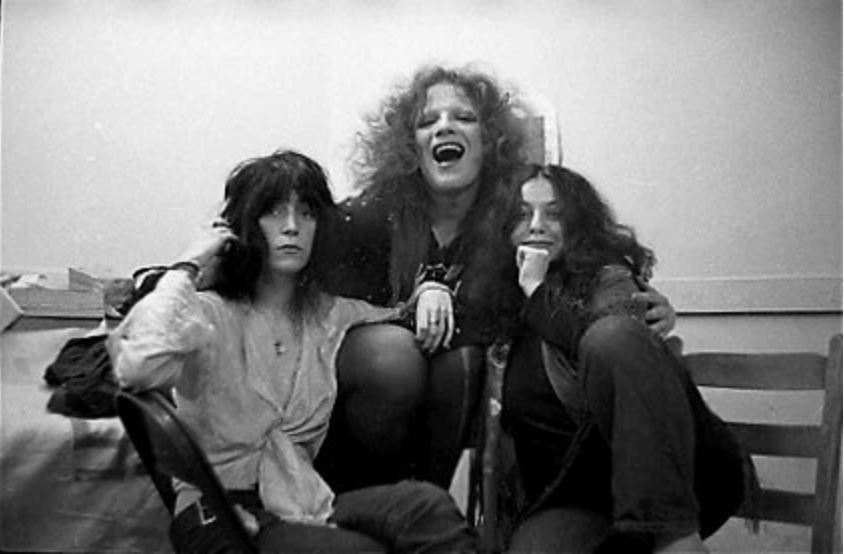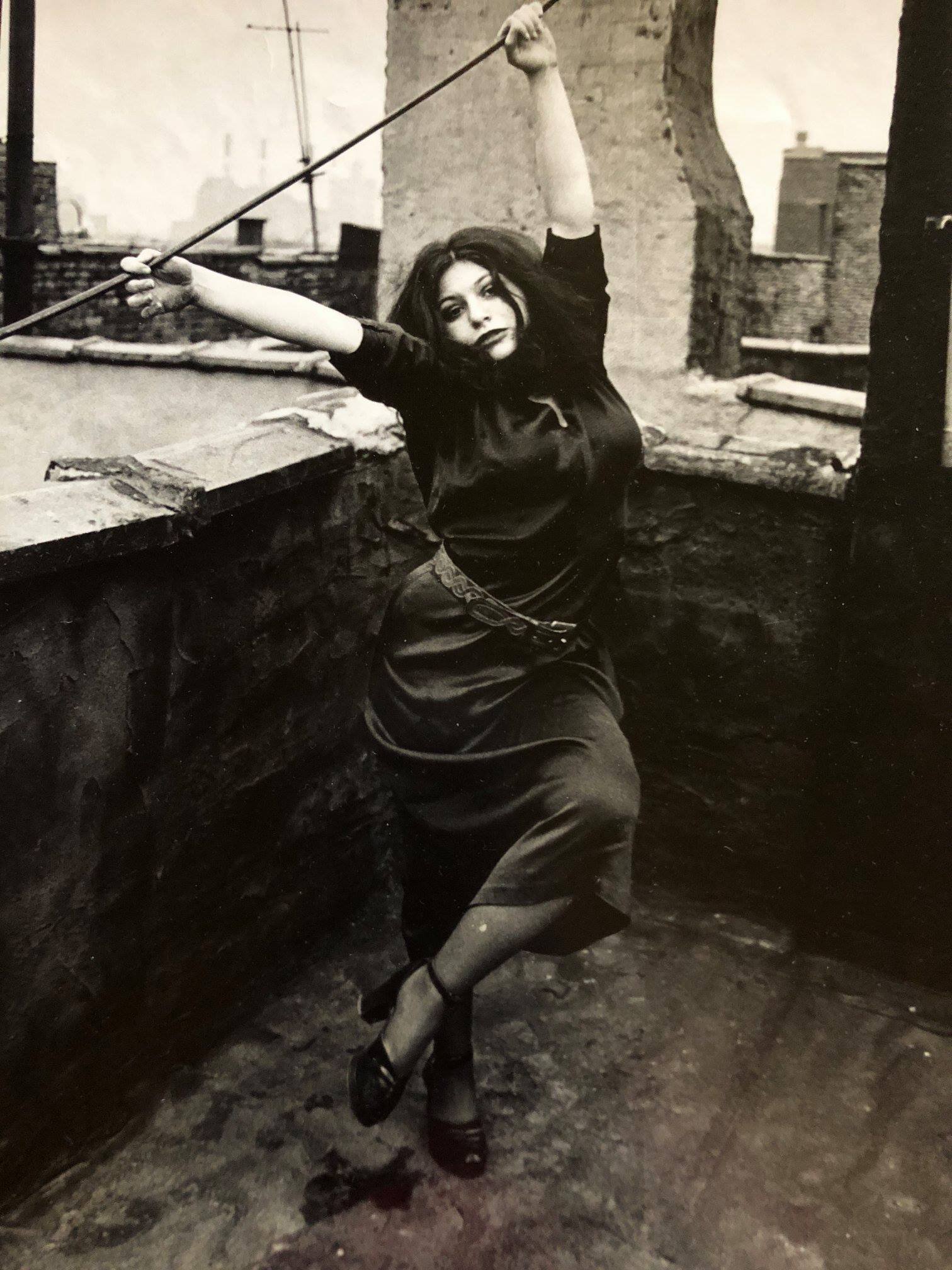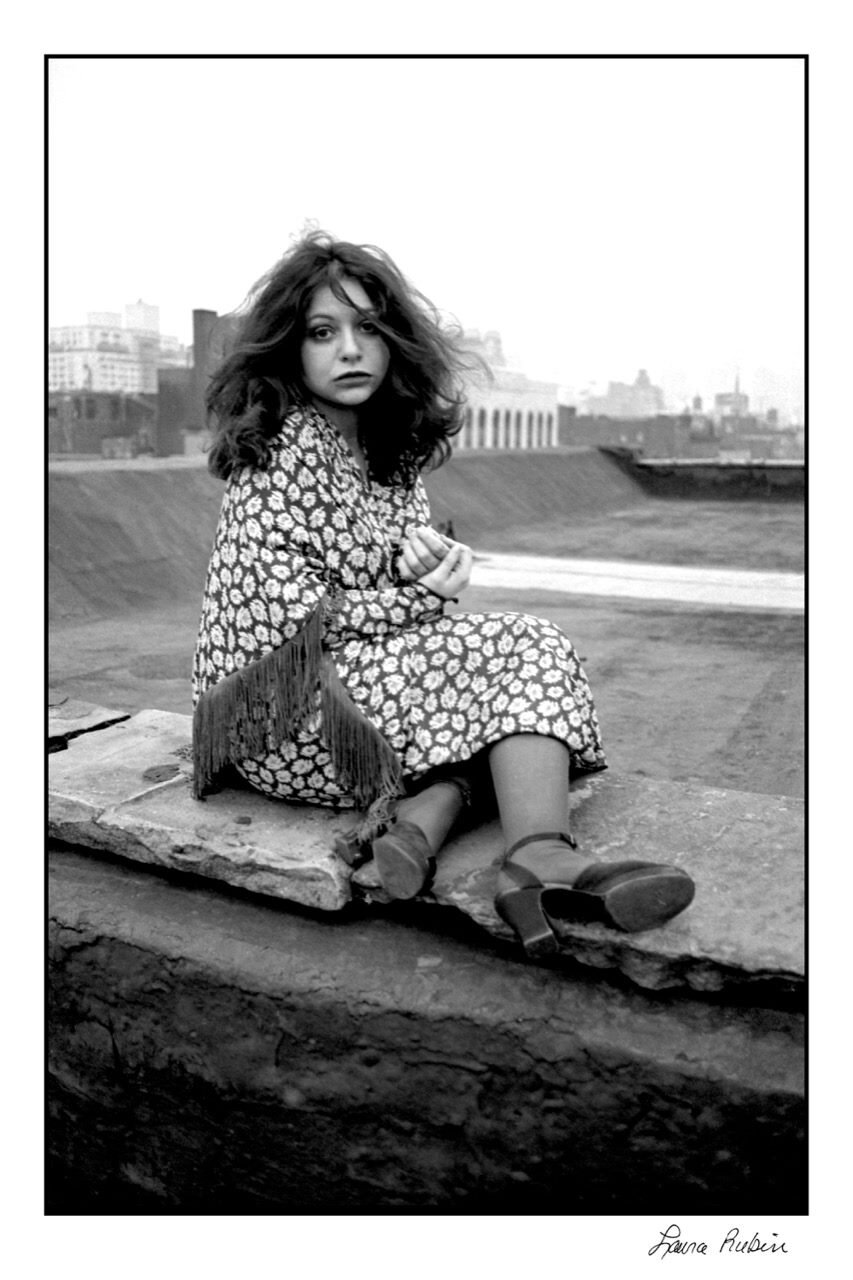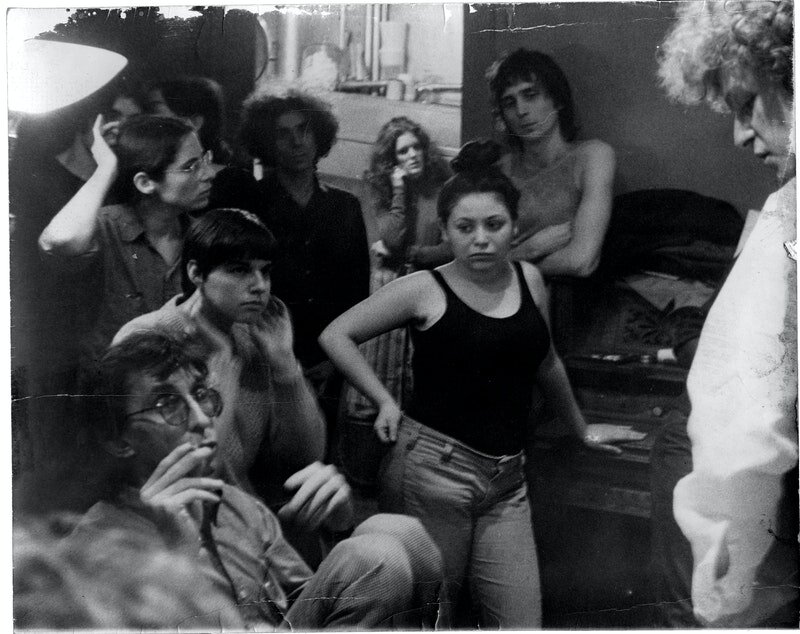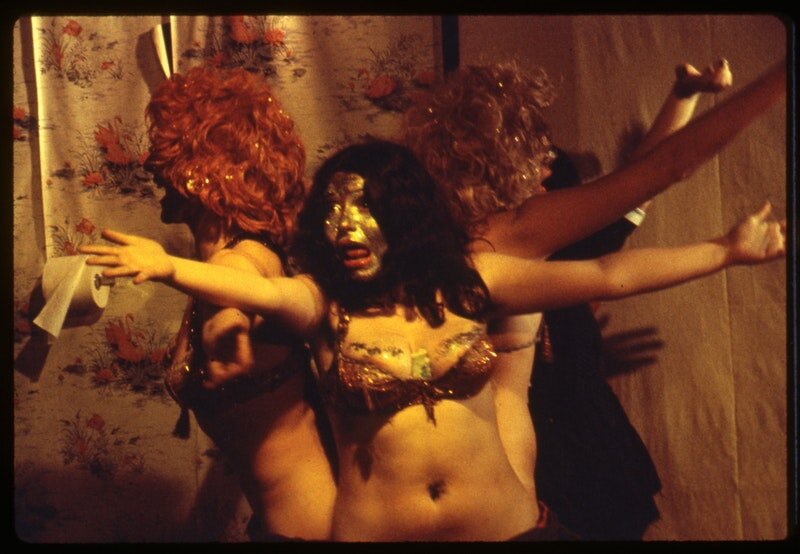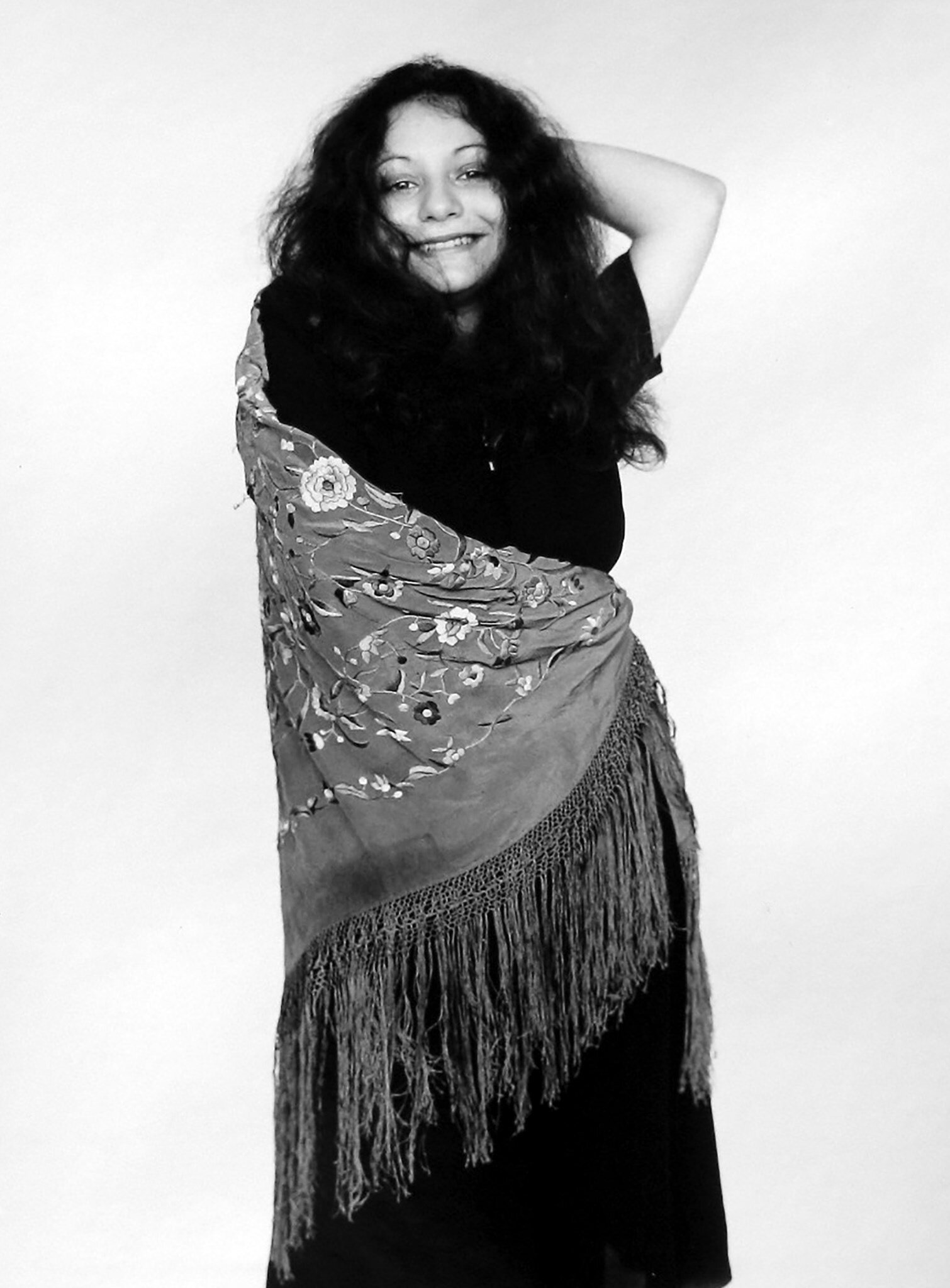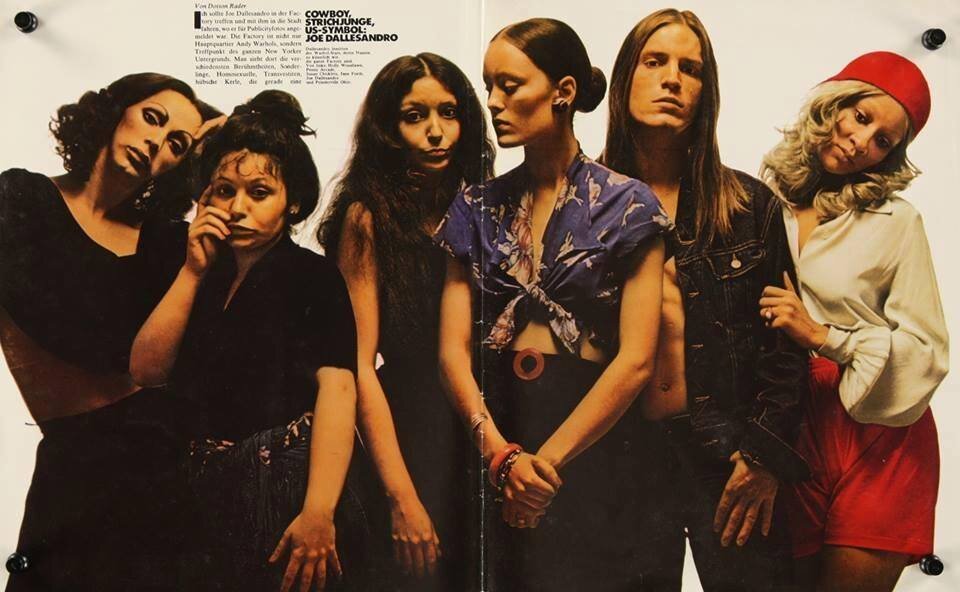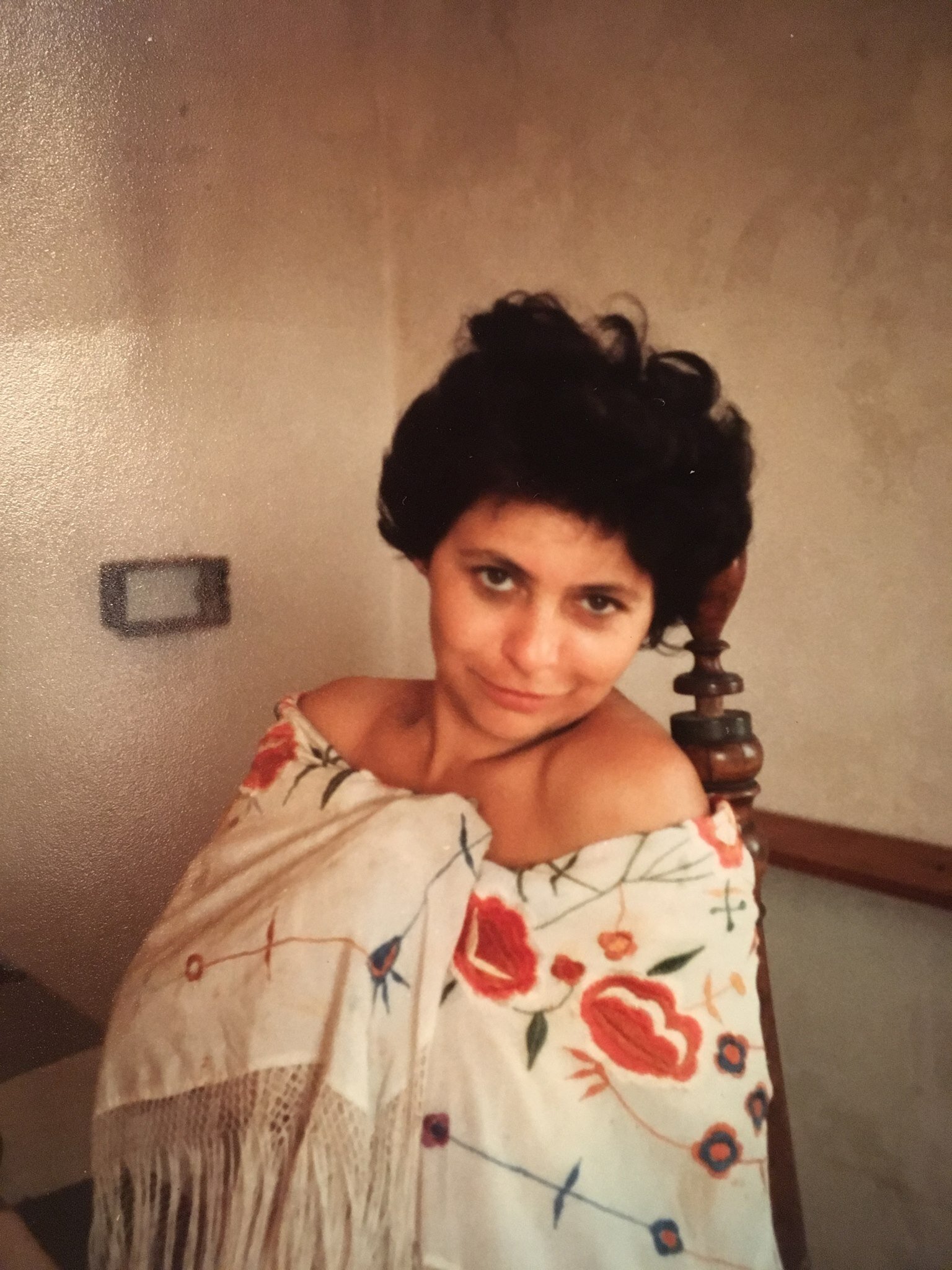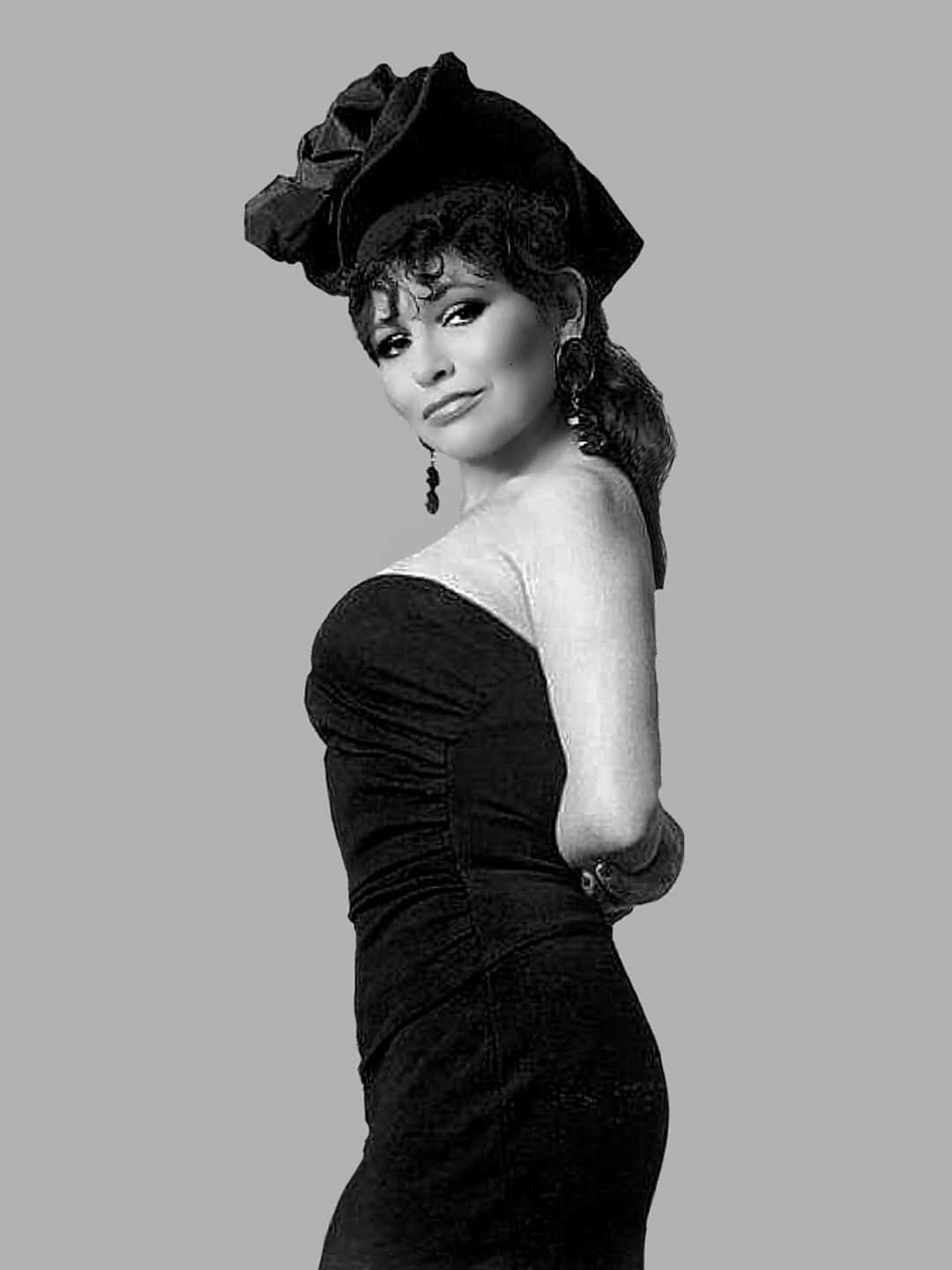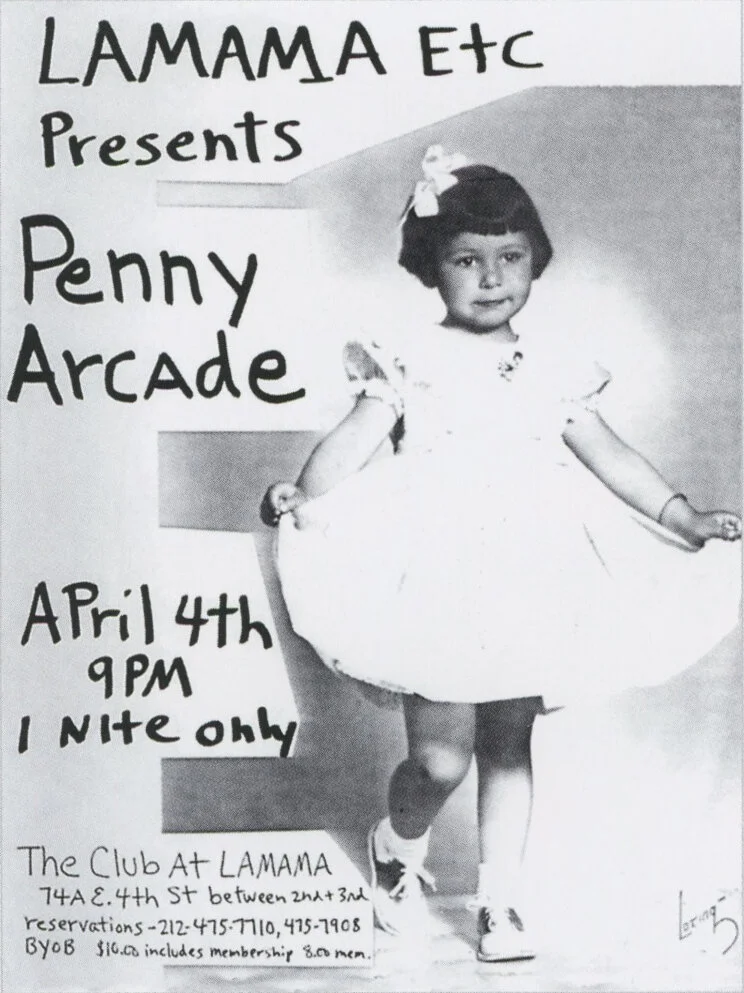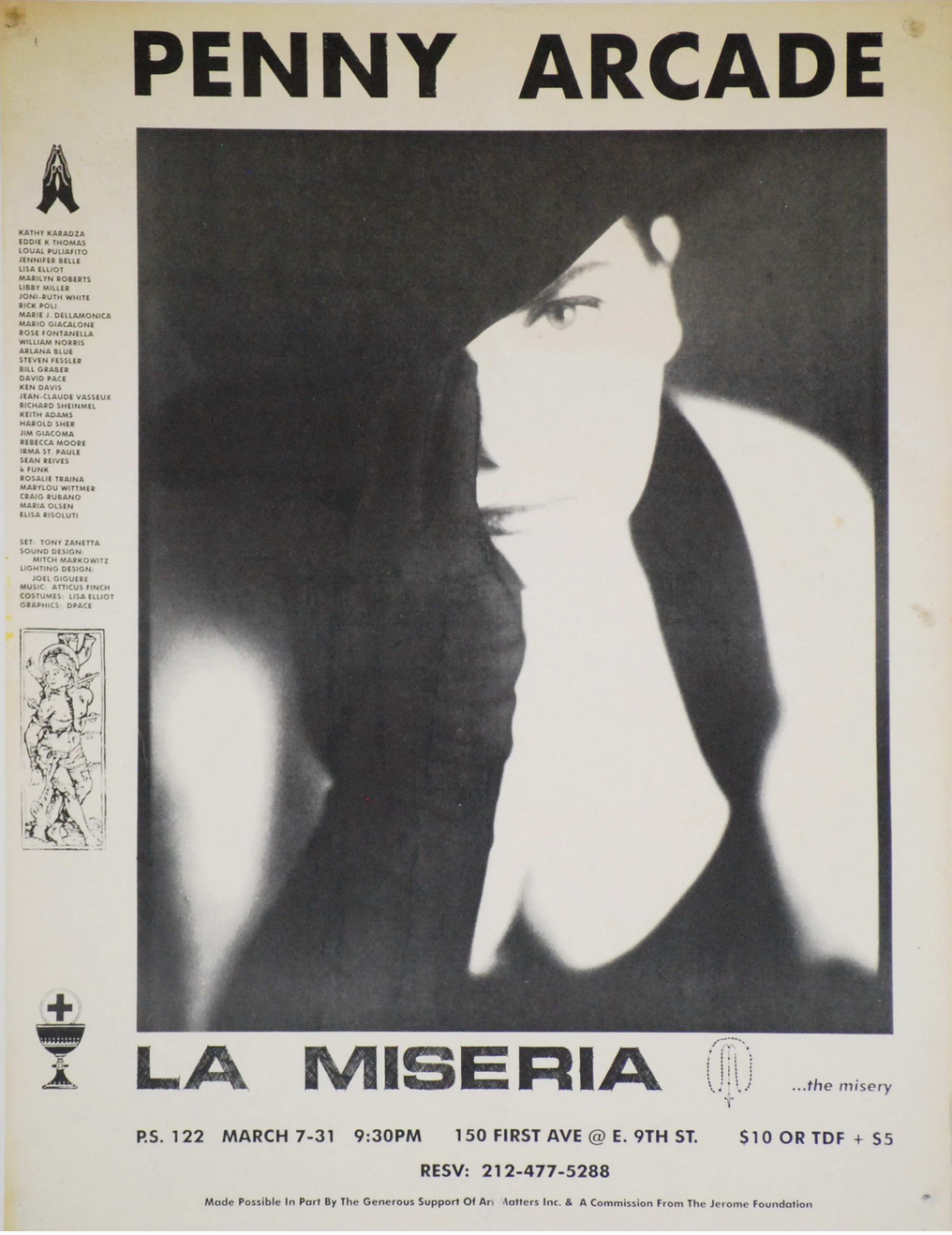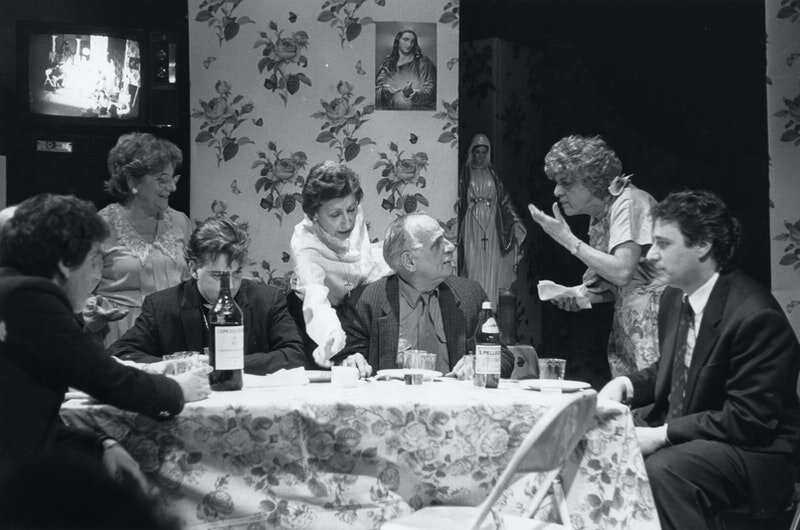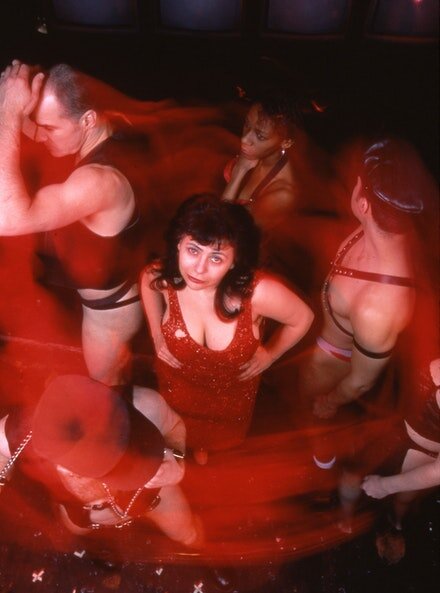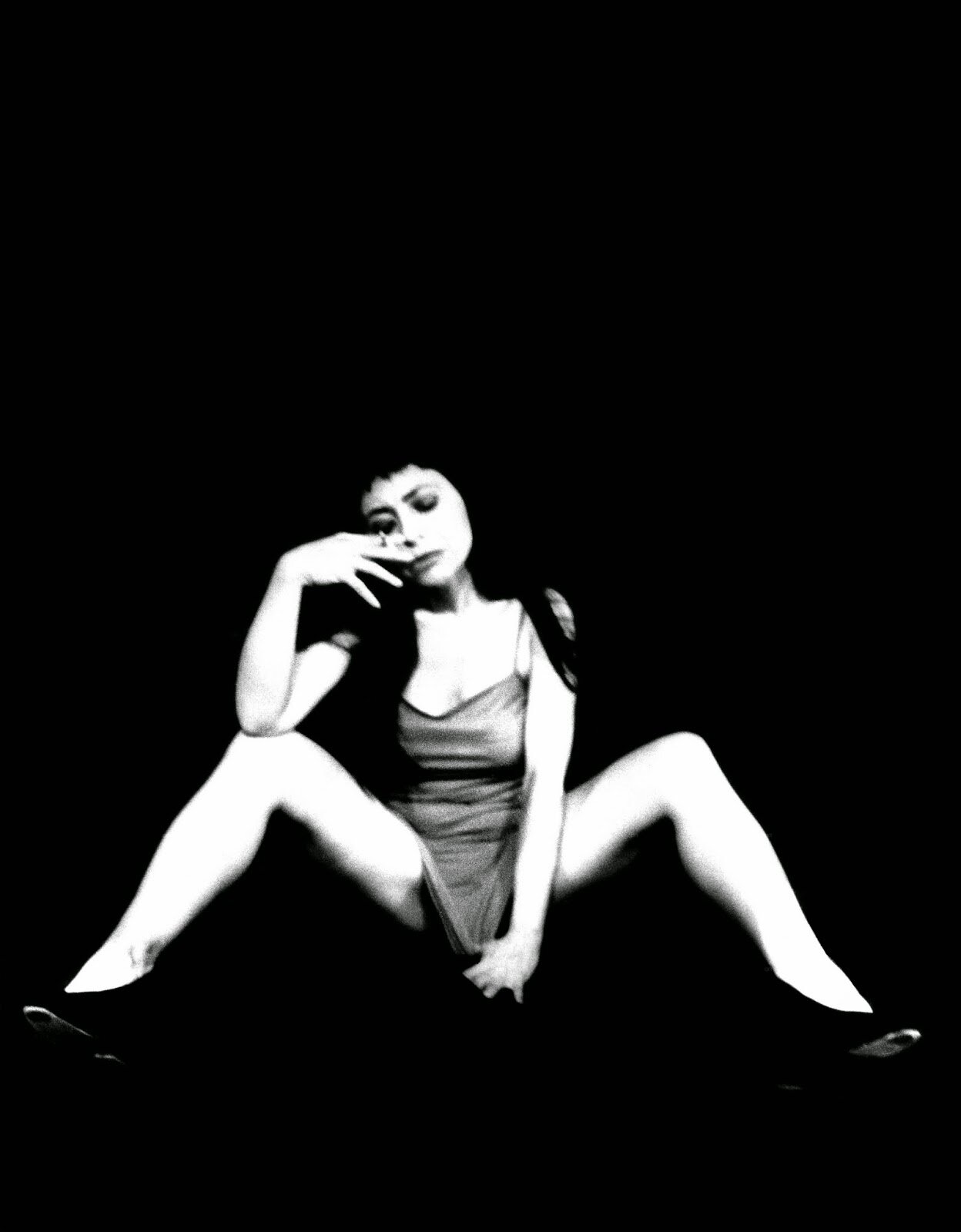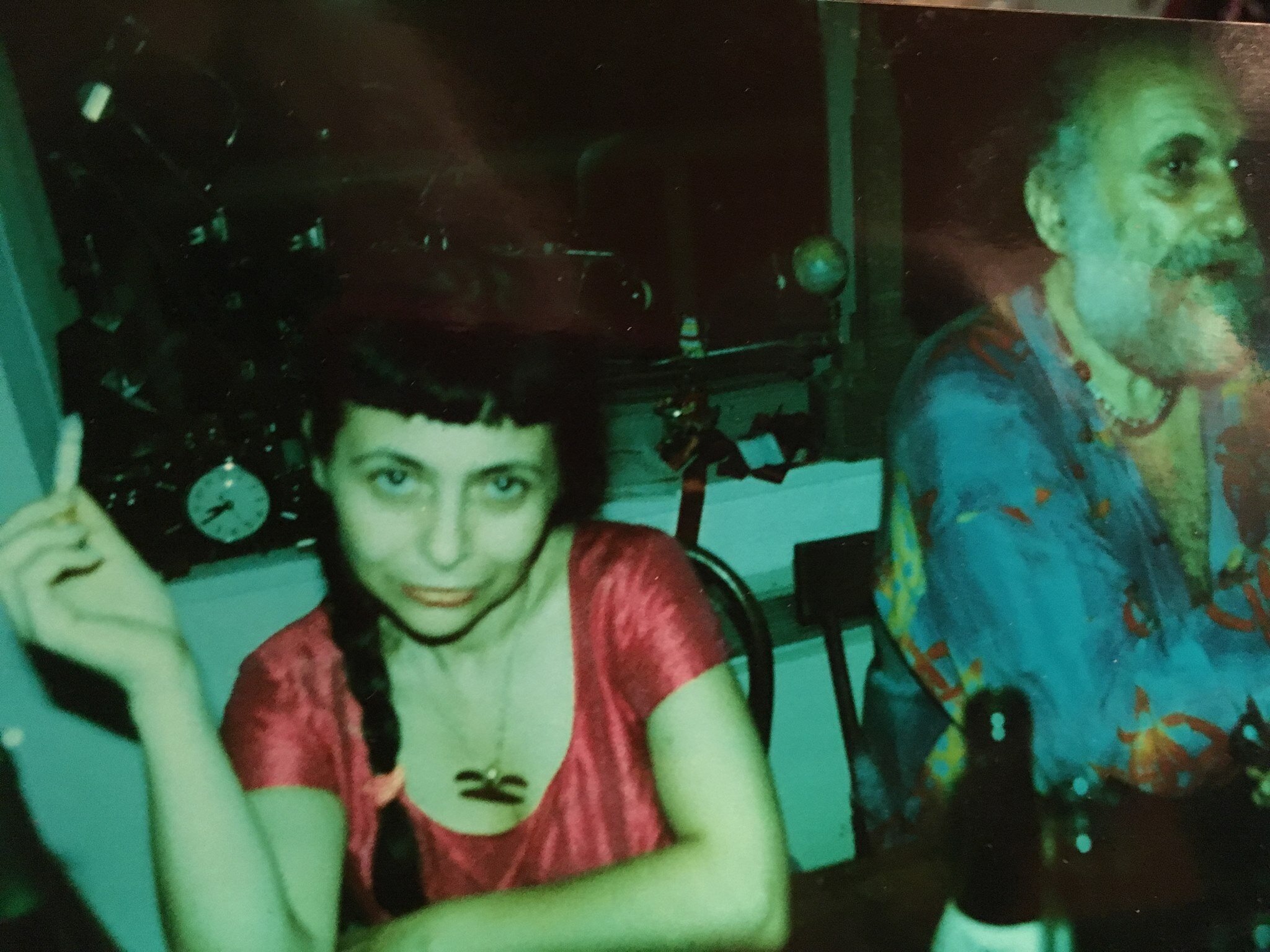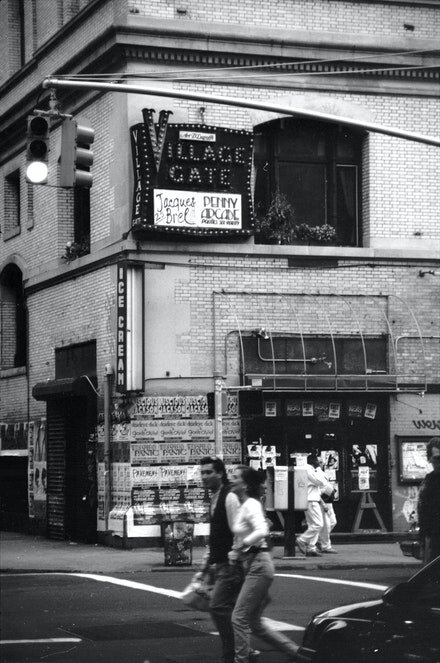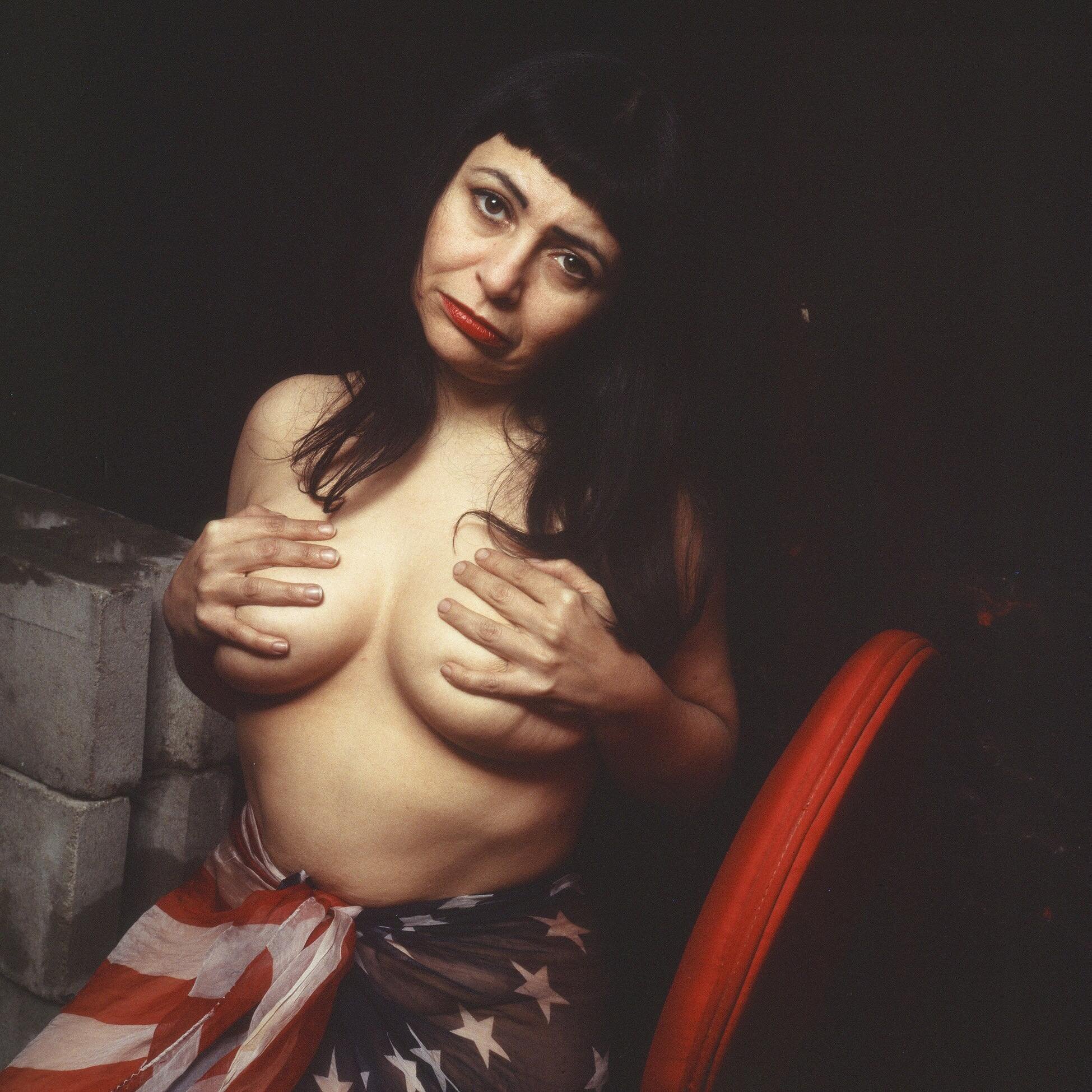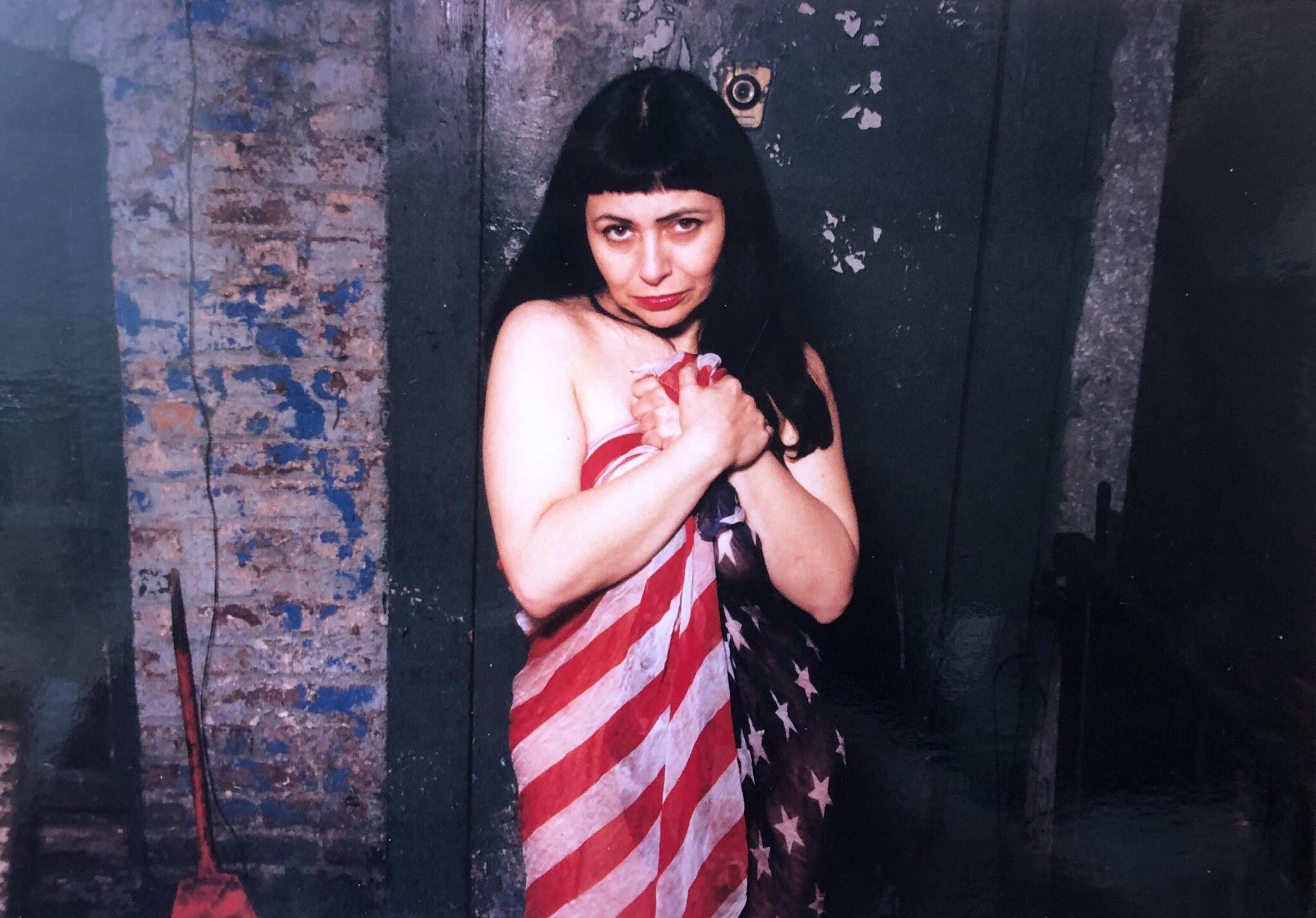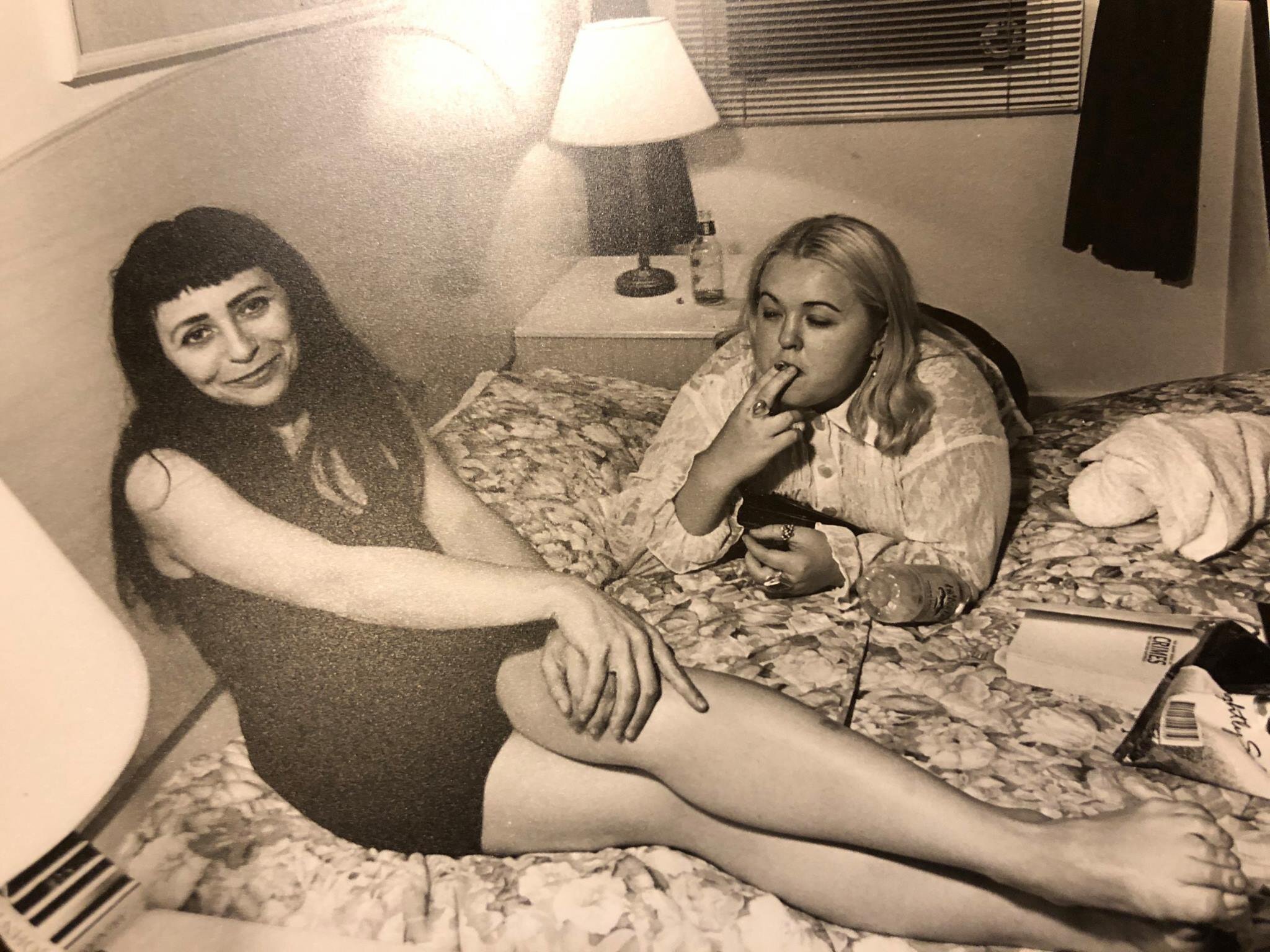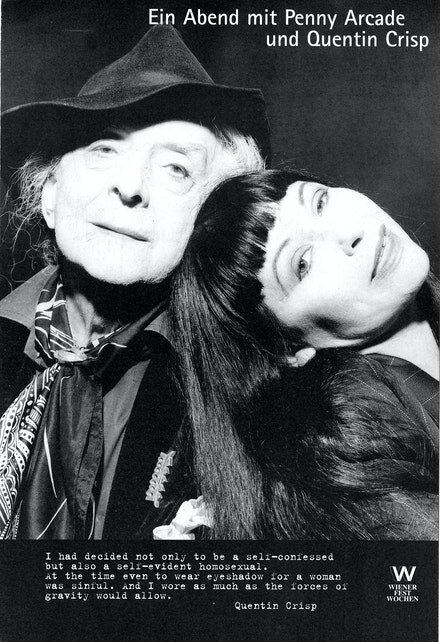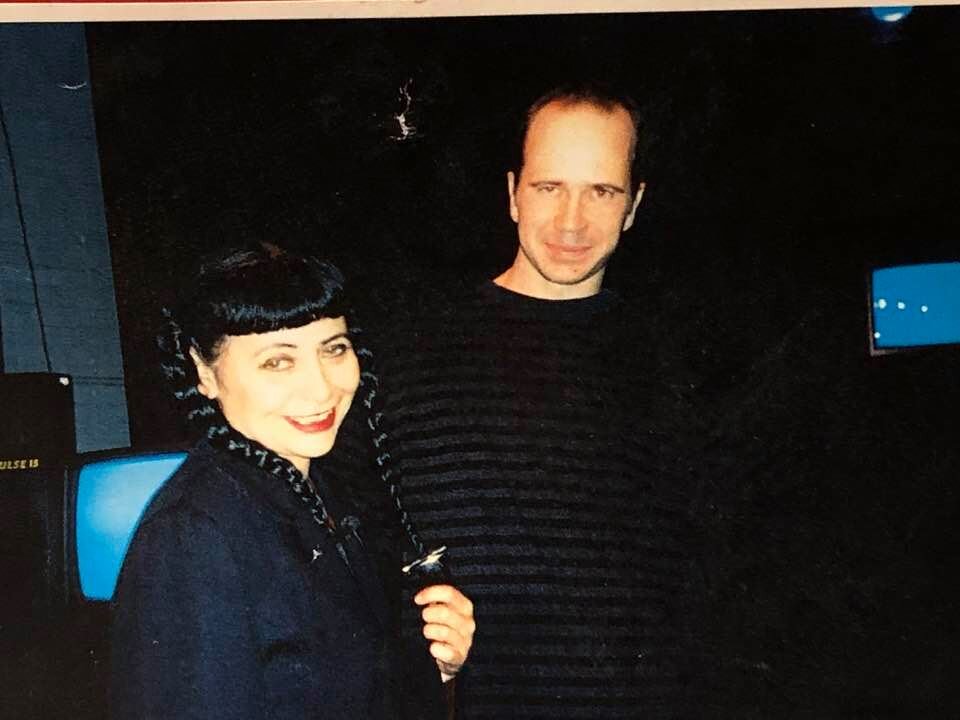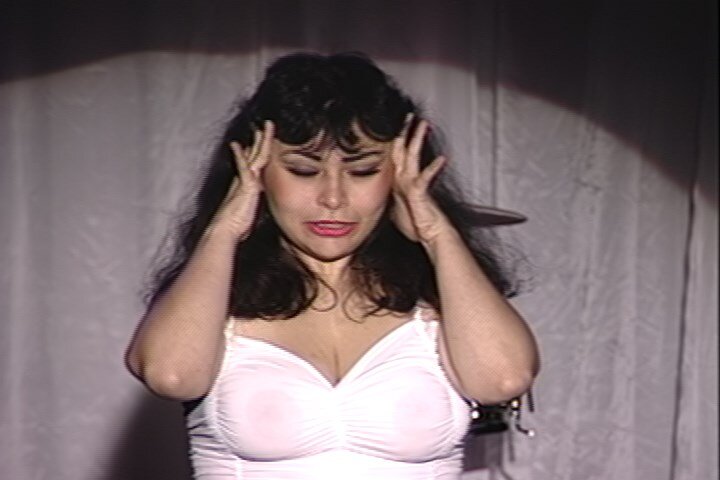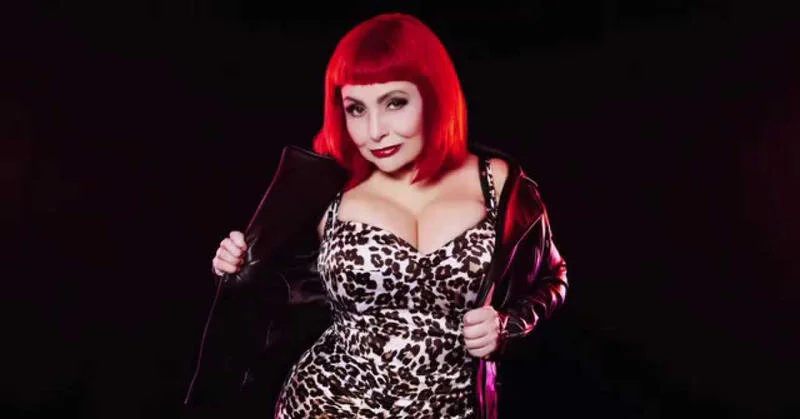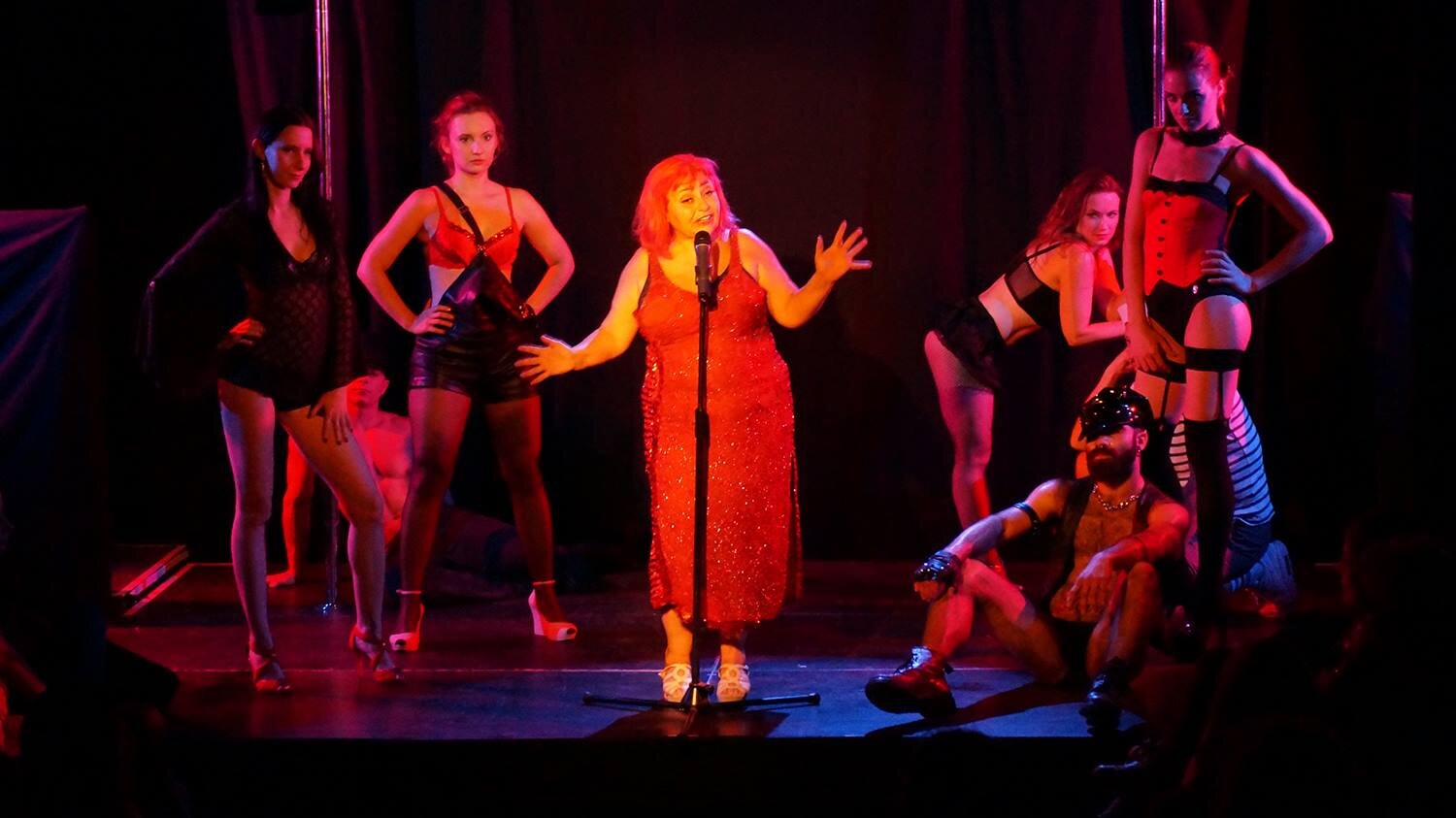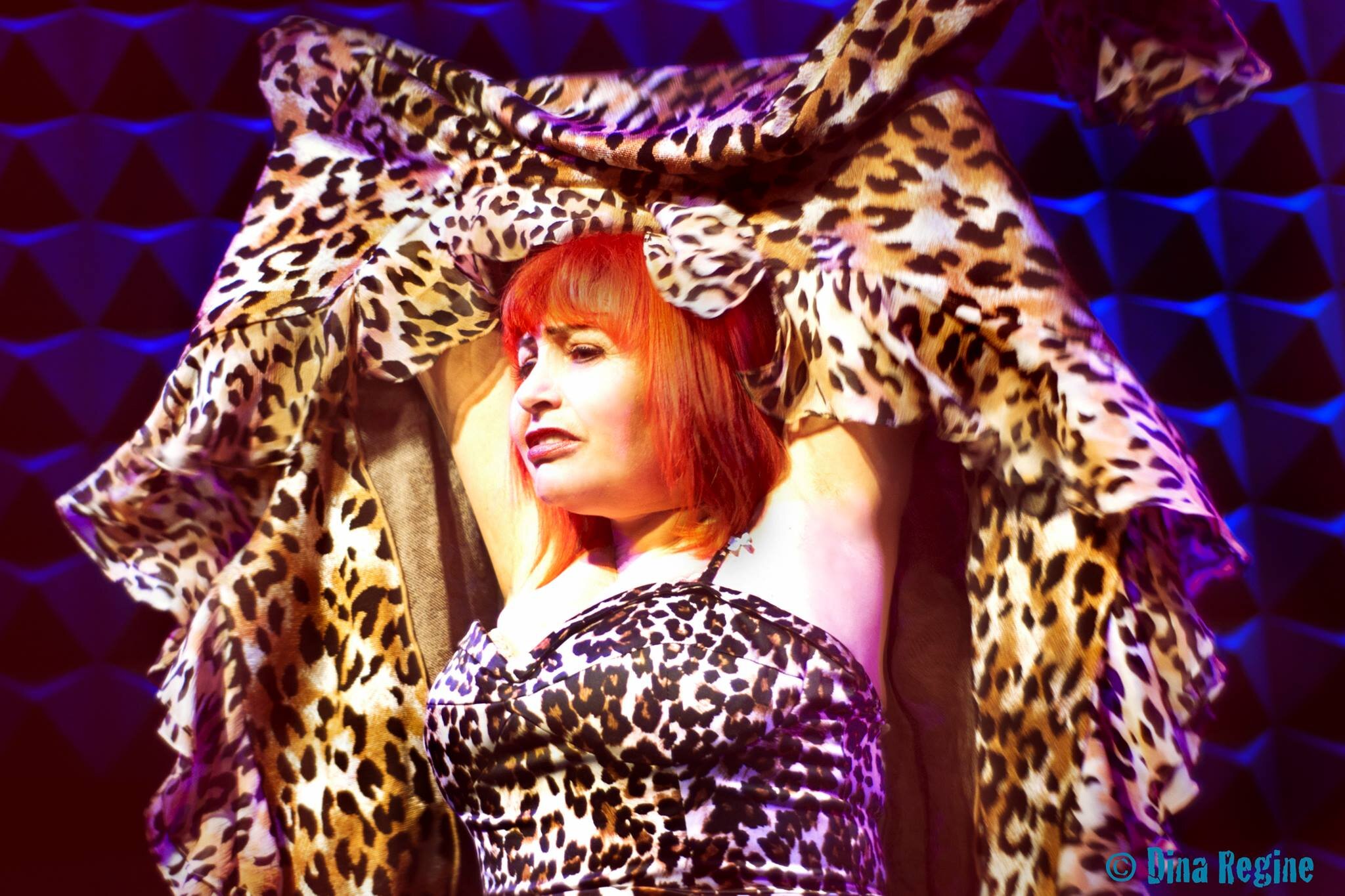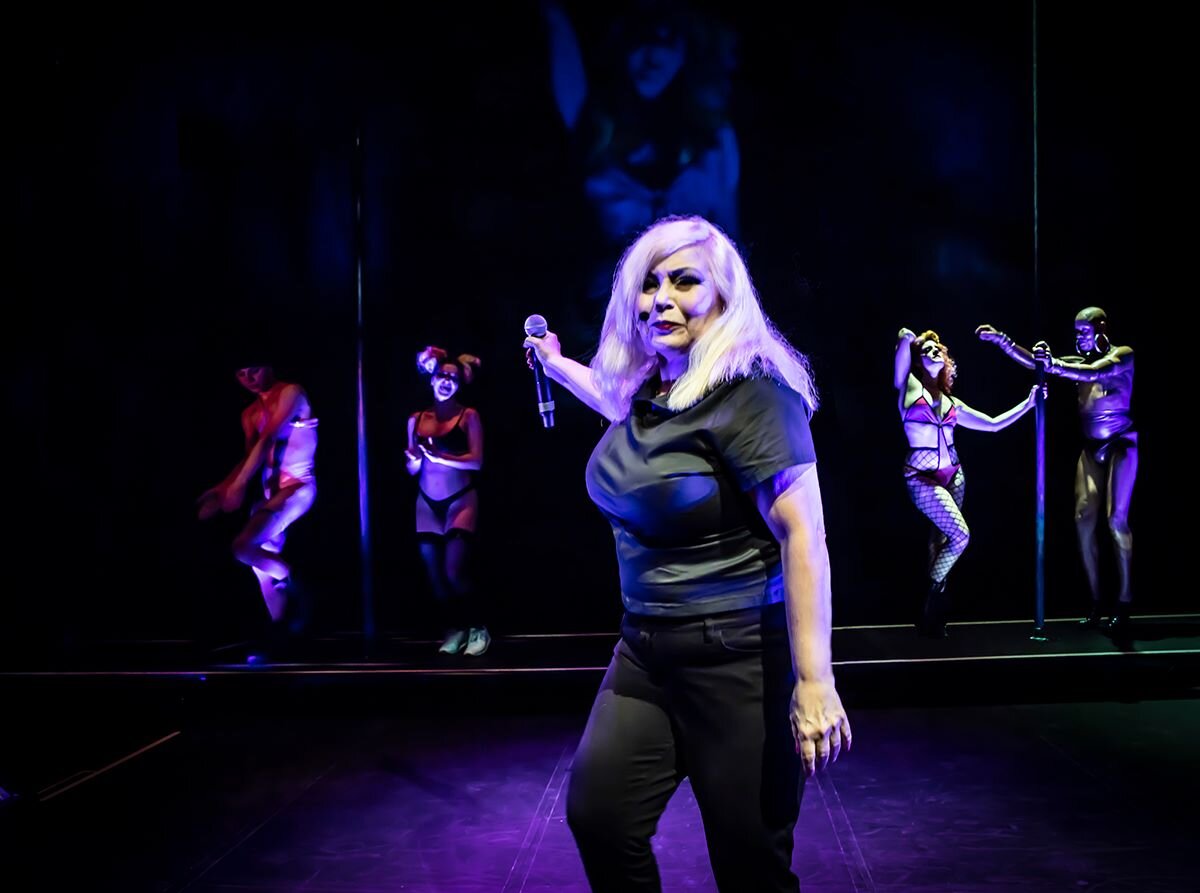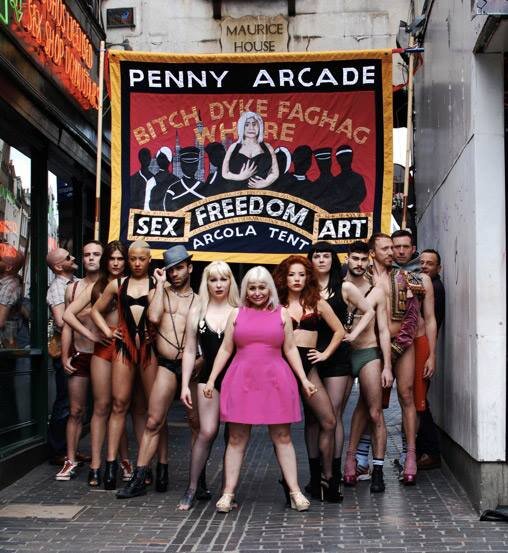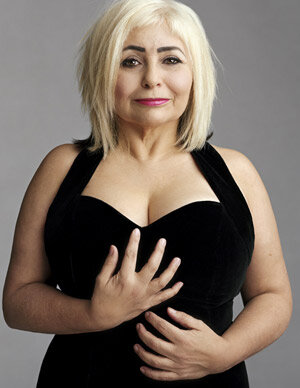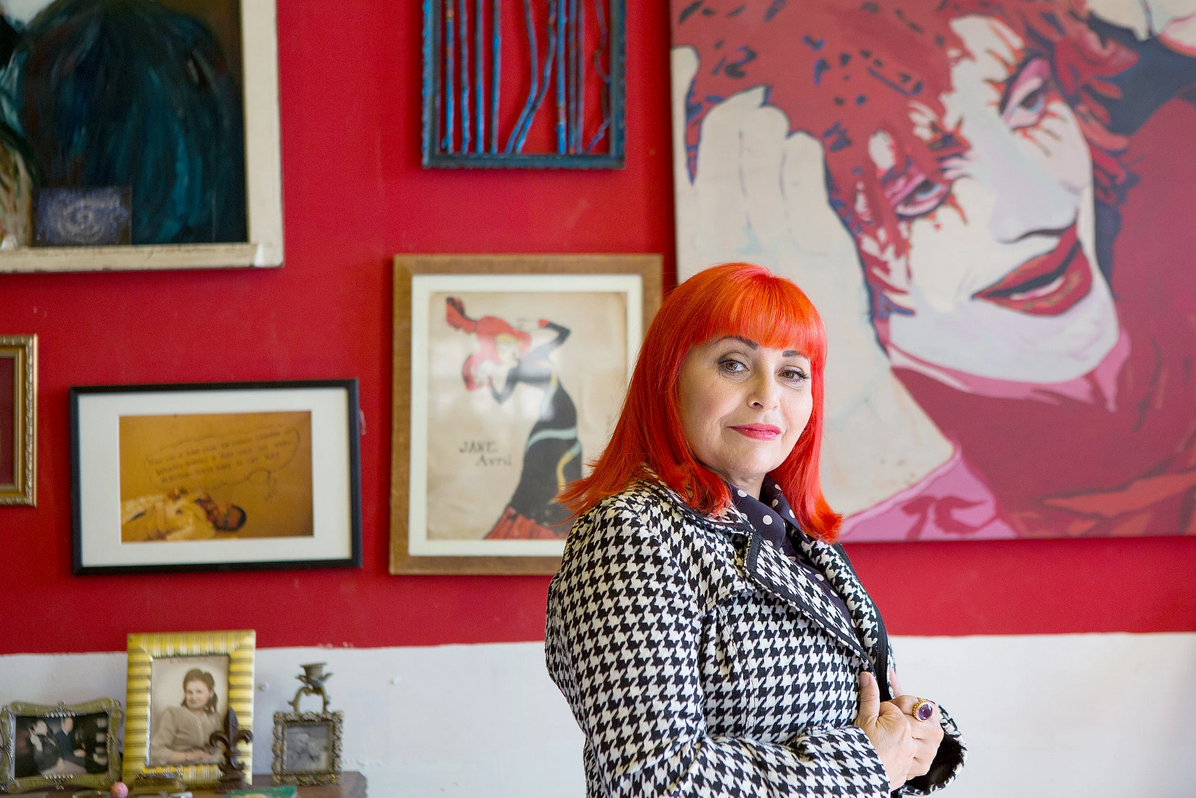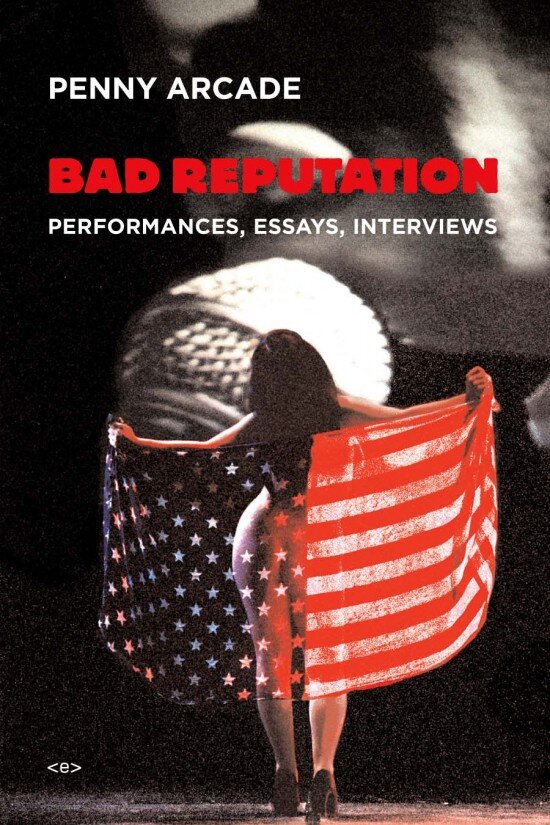Episode 23: Penny Arcade
Patti Smith, Jackie Curtis, and Penny Arcade in 1969. Photo by Leee Black Childers.
Taking performance art from the conceptual to the material, Penny Arcade’s work is a word-driven, multi-sensory experience that is totally grounded in the real. As Bad Reputation, the first book by and about Penny (published in 2008 by Semiotext(e)), states on it’s back cover: “A runaway at thirteen, a reform-school graduate at sixteen, a performer in the legendary New York Play-House of the Ridiculous at seventeen, and an escapee from Andy Warhol’s Factory scene at nineteen, Penny Arcade emerged in the 1980s as a primal force on the New York art scene and an originator of what came to be called performance art.”
The daughter of Italian immigrants, Penny escaped her repressive Catholic childhood in Connecticut to come to NYC in the late 1960s and quickly found a community of fellow creatives on the Lower East Side. A performer who collaborated with Jackie Curtis and John Vacarro, the teenage Arcade became known for her beauty, vintage clothes and bold intelligence. After a decade in Europe and Maine, she returned to the stage in New York in 1981 at the behest of Ellen Stewart to perform at the 25th anniversary for Stewart’s La MaMa Experimental Theatre Club. In 1985 Penny produced her first full-length evening of original improvised work, While You Were Out. In this she performed a variety of different characters, which would become a signature of many of her plays.
Penny on Delancey Street. Photo by Anne Cabrie for Australian Newsweek, 1995.
Her most well known work, Bitch! Dyke! Faghag! Whore!, was created in 1990 partly in response to Senator Jesse Helms's amendment banning the National Endowment of the Arts from providing funds for "obscene or indecent art." Up until the pandemic Penny continued to tour this production around the world. Featuring erotic dancers on stage and a dance break with the audience, the show covers sex, politics and self-censorship in lengthy monologues by Penny that are constantly changing due to the improvisational nature of the performance. Improvisation is a huge part of Penny’s work; something that she has learned to refine and amplify through her 30-year collaboration with Steve Zehentner. They record and then analyze every performance, seeing what works and what doesn’t—constantly improving and pushing Penny’s work further.
Forthright, comedic and often controversial, Penny puts all of herself into her performances. Her works are noted for their realism and their truth—a break from the ironic stylization of the downtown performance artists who emerged in the 1970s. Sarah Schulman writes, “She used Performance Art to enable truth-telling about the individual in a social context of American Naturalism, without the phony kitchen-sink pretense of recreating reality…When Penny brought together Realism and Performance Art she enhanced the emotional communication without eliminating the politics.” Politics play an integral part in all of her plays, especially through discussions of censorship, woman’s rights, race and class issues, LGBT culture and rights, and gentrification.
An oral historian herself, Penny originated the Lower East Side Biography Project—a community media project, a television biography series and video oral history archive that she describes as “stemming the tide of cultural amnesia.” All video interviews with LES creative luminaries are available through her Patreon—some excerpts from the interview biographies can be found on Steve Zehetner’s Vimeo.
This is a long interview but one that is definitely worth listening to in its entirety. She speaks in detail about the winding road of her life, family history, artistic influences, becoming a performance artist, her personal life and healing journey, in addition to her thoughts about NYC and American culture at the moment. Really what we are discussing is her process of becoming, how she became self-individuated—a topic that compels her thoughts, self-analysis, the LESBP, and the memoir she is currently writing.
Performance of Bitch! Dyke! Faghag! Whore! at The Village Gate, New York, 1992. Photo by Oliver Hadji.
Unfortunately an hour-long conversation that Penny and I had covering each play —their creation and themes—was lost in a hard drive failure. Luckily videos of each play are available on her Patreon, which includes a wealth of other materials. Scripts for Bitch! Dyke! Faghag! Whore! (1992), La Miseria (1991) and Bad Reputation (1999) are published in the Bad Reputation book. As productive at 70 as she was thirty years ago, Penny is formidable artist and thinker whose philosophies on life and society are deserving of more widespread attention.
Listen and subscribe to the podcast in iTunes

